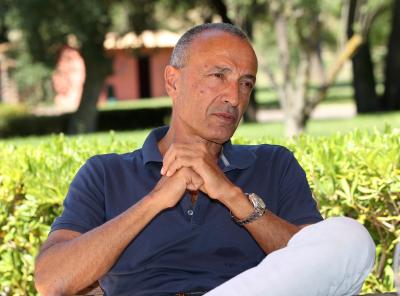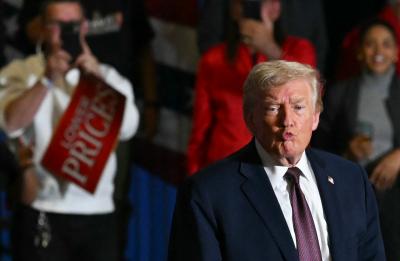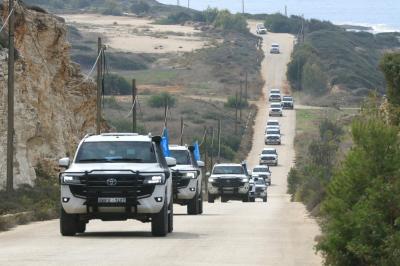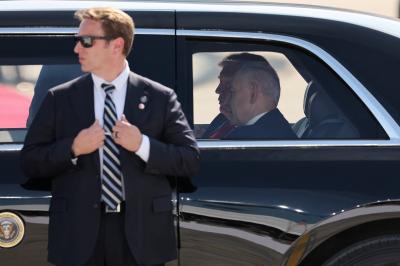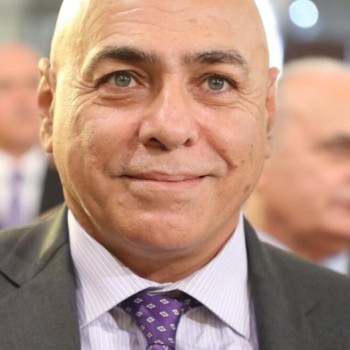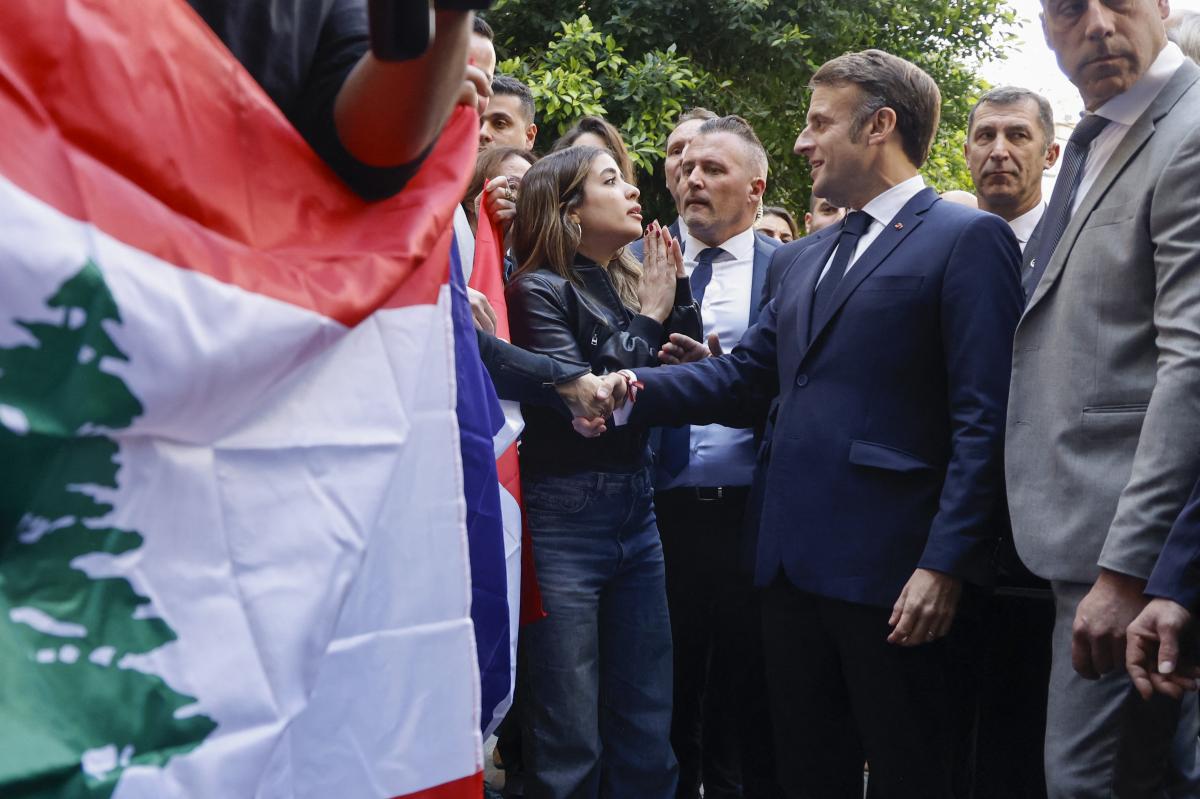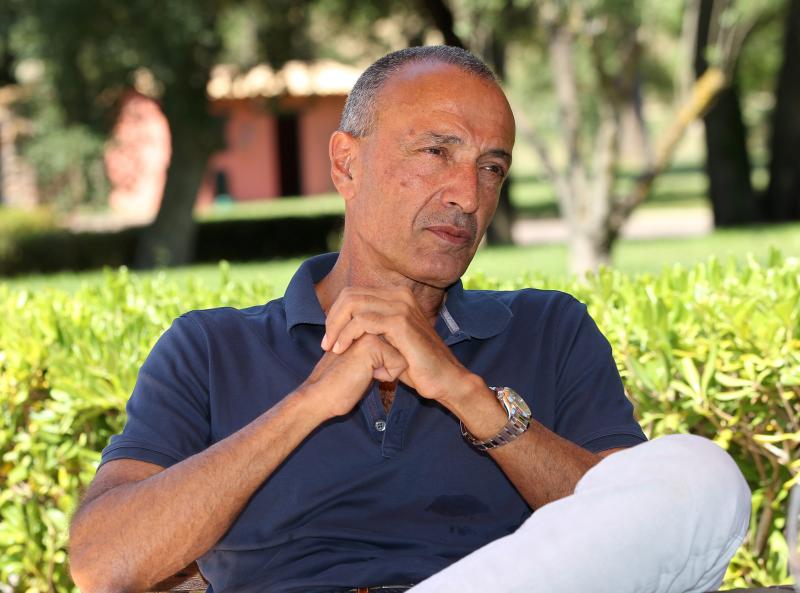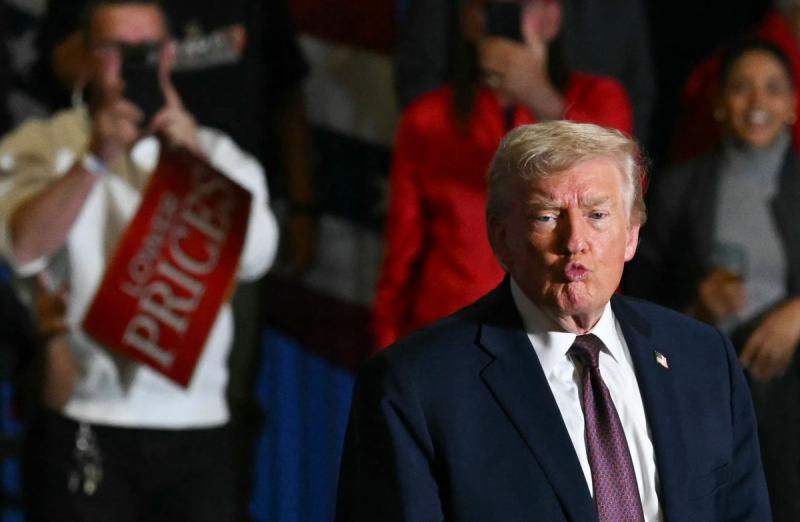"Hezbollah" has lost its key allies, primarily the regime in Syria and Iran, which has shown no appetite for direct combat. It has also lost its partners in the axis and its sources of income that funded its fighters and other affairs have diminished. Its true strength has been revealed: capable of wielding weapons domestically but powerless against Israeli military superiority
With the election of Army Commander General Joseph Aoun as President and the parliamentary majority naming the head of the International Court of Justice, Nawaf Salam as Prime Minister, "Hezbollah" felt it no longer held the influence that allowed it to control key state sectors and institutions for years. This sentiment was expressed by the head of its parliamentary bloc, MP Mohammad Raad, who hinted that "Hezbollah" and President Nabih Berri had reached an understanding with presidential candidate Aoun that included his election as president, renaming Najib Mikati as Prime Minister, agreements on the government's structure and Shiite representation, and guarantees to maintain "Hezbollah's" weapons north of the Litani River. Raad claimed that his party was "ambushed."
In fact, wishes might have been expressed but no such understanding took place, nor did the presidential candidate need it. "Hezbollah" decided to elect Joseph Aoun in the second round of voting to avoid being relegated to the minority. The choice of a Prime Minister is not up to the president, and the issue of weapons is clear as is their fate, which is stipulated in the ceasefire agreement that everyone consented to in all its details on 27 November 2024. The government approved it only after "Hezbollah's" consent.
When such a clear text exists, no interpretation is needed.
The difference between 2006 and today is that Israel and "Hezbollah" met on a mutual interest not to implement UN Security Council Resolution 1701; today, however, implementing this resolution and all related resolutions is a necessary condition. It cannot be said that there was an understanding before the election of the president when the content of the oath dispels any discussions differing from its essence. Clearly: no weapons. No militias. Because weapons are an exclusive right of the state. However, this does not mean that the Shiite community is targeted. This was stated in the oath speech. This was reiterated by the president on Tuesday before a delegation from the Supreme Islamic Shiite Council: "Any setback for any component is a setback for all Lebanese." This was also addressed by Prime Minister-designate Nawaf Salam when he said he is unifying and not exclusionary and that his hands are extended to everyone.Moreover, while every member of "Hezbollah" and Amal Movement is Shiite, not every Shiite belongs to them, even though they have monopolized political representation for decades by virtue of de facto circumstances.An Era in Decline"Hezbollah" has dominated political life in Lebanon since its Iranian patron allied with Syria, allowing it to create a "Shiite Crescent" leading to Mediterranean waters through Iraq. Since the beginning of the 21st century, "Hezbollah" has strengthened its position and influence in local politics after Israel's withdrawal from southern Lebanon created the blue line."Hezbollah's" influence replaced Syrian influence after Syria withdrew its army from Lebanon at the end of April 2005. In July 2006, "Hezbollah" broke a promise made by its then-Secretary-General Hassan Nasrallah for a quiet summer by abducting two Israeli soldiers, opening the door for an Israeli military operation that destroyed Lebanese infrastructure and led to UN Security Council Resolution 1701 calling for an armed presence south of the Litani River only by legitimate Lebanese forces and UN peacekeeping troops while implementing relevant international resolutions, particularly Resolution 1559 concerning disbanding militias and disarming them throughout Lebanese territory, along with Resolution 1680 concerning securing Lebanon's border with Syria and preventing any type of weapon smuggling across it.However, Resolution 1701 was not implemented as interests converged on non-implementation while "Hezbollah" dominated political power after using its weapons domestically which it claimed were directed only against Israel. Since then until Hezbollah's support war for Gaza announced from southern Lebanon, calm prevailed along the Lebanese-Israeli border, allowing "Hezbollah" to participate militarily in defending the regime in Syria while networking interests with regime forces, Iranian Revolutionary Guard units, and allied Iraqi factions deployed in Syria.Opening a front in southern Lebanon revealed significant errors in "Hezbollah's" calculations; it had successfully convinced Lebanese citizens and neighboring countries—both close and distant—that it was a military force capable of deterring Israel and that it held decision-making power to such an extent that caretaker Prime Minister Najib Mikati stated openly when asked about the government's position on war: "On what planet do you live? The decision of war and peace is not in my hands but with Hezbollah."The error became more apparent when "Hezbollah" had to request a ceasefire following Israel's escalation against it. It suffered devastating military blows even though Israel could not advance far into southern Lebanon. Over one million Lebanese were forcibly displaced as Israel leveled dozens of border villages. The southern suburbs and Bekaa region suffered massive destruction alongside thousands of casualties among fighters and civilians.In this reality, denial does not help!"Hezbollah" has lost its key allies including Syria’s regime and Iran which lacks direct combat appetite. It lost partners within its axis while its income sources have dwindled which funded its fighters and other affairs. Its true strength has been revealed: capable of wielding weapons domestically but powerless against Israeli military superiority. It will now be required to surrender what remains of its arms across Lebanese territory.The New PhaseGeneral Joseph Aoun has built credibility in leading the army while preserving its unity against political interference and shielding it from attempts at individual or party political exploitation. His leadership contributed to enhancing this credibility through military engagements against terrorist organizations like ISIS and similar groups. Thus he is regarded by the international community as a reliable ally.Given this trust, all other candidates aspiring for state leadership withdrew leading to a political consensus around Aoun who was joined by "Hezbollah" in the second session.With Aoun’s election, the Lebanese army will play a central role in providing conditions necessary for salvation through implementing all ceasefire agreement provisions along with deployment southward after Israeli troop withdrawal while securing Lebanon’s side of the border with Syria.Consequently, everyone hopes that with rapid government formation political, economic, and financial reforms will commence paving the way for reconstruction.With Aoun’s election began an era of renewed international openness towards Lebanon. The Cypriot president visited Beirut post-election to congratulate him; French President Emmanuel Macron visited Beirut expressing his country’s full readiness to assist; several Arab and foreign ministers came for congratulations and discussions with many more expected; even UN Secretary-General arrived today Saturday as evidence of relief and cooperation.Challenges?Nonetheless challenges remain including potential Israeli non-withdrawal or continued preemptive strikes. The situation along borders with Syria may escalate despite all attempts at control; in such cases all of Lebanon may become resistant.However there may be further internal challenges stemming from "Hezbollah's" reluctance to accept that its status has changed and that its phase is waning. It may be difficult for "Hezbollah" to coexist with losing key political, military, and security leaders alongside significant destruction within its military structure while facing increased pressure to surrender its arms. It may find it challenging to accept dwindling financial resources preventing it from meeting obligations towards fighters’ families including those who fell or were injured. These are difficulties requiring collective efforts for resolution; a clear path exists—abandoning previous military and regional roles while focusing on political engagement where it has expertise.
Please post your comments on:
[email protected]
 Politics
Politics
